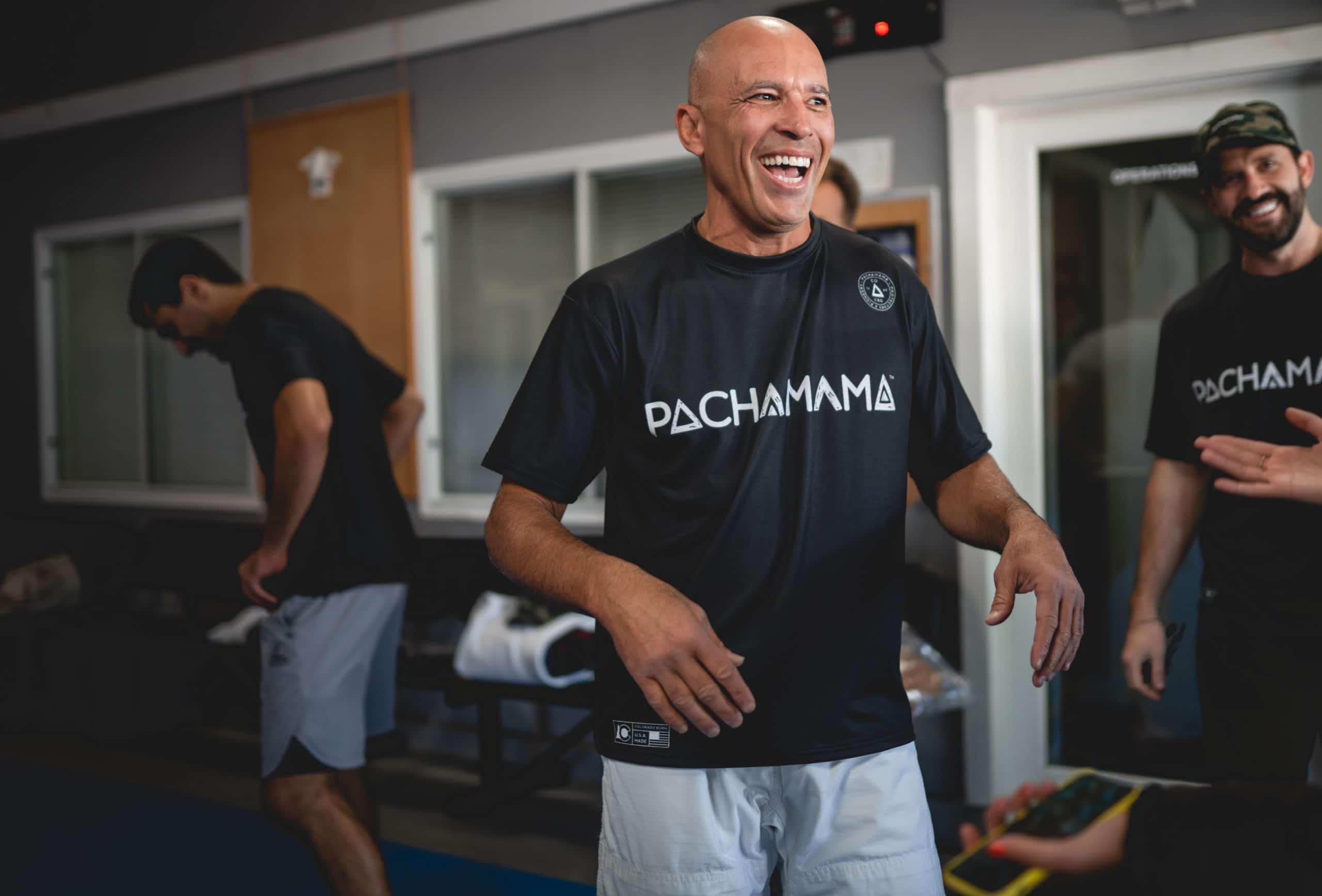

Top 3 Ways Jiu-Jitsu Benefits Your Mental Health
Students and athletes of Brazilian Jiu-Jitsu are some of the most respectful, calm, and happiest martial artists on the planet. This isn’t a coincidence. Beyond the spectacular displays of flexibility, strength, and mat tactics lie the benefits of Jiu-Jitsu that few people talk about. Jiu-Jitsu benefits mental health, and one look at the sport’s greats will prove just that.
Jiu-Jitsu has all the makings of activity that’s conducive to improving and maintaining one’s mental health. It’s a sport that’s intense enough to bring on that much-needed surge of endorphins.
It’s also where practitioners can enjoy the experience of growth and improvement. More importantly, the BJJ has created a community where people can feel a sense of belonging.
Without a doubt, the benefits of Jiu-Jitsu are as mental as they are physical. For more on how the sport creates happy, resilient, and calmer practitioners, continue reading!
1. High-Intensity Stress Reduction
Ask anybody who has trained Jiu-Jitsu, and they’ll agree — they’re calmer leaving the academy than when they came in. For many athletes and students of the sport, Jiu-Jitsu is a quick fix to stress and tension. A lot of this is due to the intense nature of BJJ.
Exercise intensity is precisely what creates the stress-busting benefits of Jiu-Jitsu. Within a single class are periods of stretching, warming-up, technique drills, and live rolling sessions. All of these elements come together to create a physical activity that’s physically taxing — but at the right dosage.
The intensity of Jiu-Jitsu creates a surge of feel-good hormones. These are endorphins. According to numerous studies, endorphins are responsible for several functions — all of them beneficial to mental health.
Two parts of the brain secrete endorphins — the hypothalamus and the pituitary gland. These parts of the brain release endorphins in response to stressors — particularly physical stressors like a BJJ class.
When endorphins are present in the brain and the rest of the body, a person will experience several things. First, endorphins have a way of blocking pain receptors. As a result, any discomfort that exists during a physical stressor disappears or dulls for some time thereafter.
In a way, an endorphin surge is almost like having a shot of morphine. This is when the positive mental health benefits occur.
Mimicking the action of morphine, endorphins lead to feelings of euphoria. This is the sense of elation experienced by athletes after a hard training session. In runners, this effect manifests as the “runner’s high.” In Jiu-Jitsu, this is just that feeling of happiness and invincibility that follows a tough training session.
In short, Jiu-Jitsu is, in more ways than one, a 60-minute dose of happy drugs — minus the side effects and crashes. Also, it’s just as addictive.
2. An Exercise in Focus
Whenever a person thinks of mental health maladies, several symptoms come to mind. One of them is the inability to focus. The inability to focus is both an indicator of a mental health problem or the cause of one. After all, when a person has a tough time focusing, it carries over to other aspects of life like work, studies, and relationships.
Focus is an important mental capability to train for improved mental health. As a cognitive ability, it’s not very easy to train, especially for people who already struggle with negative thoughts and feelings.
The best way to train focus is with an activity where multi-tasking is the enemy. This describes Jiu-Jitsu perfectly.
In a Jiu-Jitsu class, a student needs to learn a move by following instructions. With practice, the student learns to take instruction and follow appropriately. When this becomes a habit, the student moves on to other tasks like executing a move.
A live roll and technique drills train a student to ignore other stimuli and focus on positioning, breathing, and performing a move correctly. In narrowing the objects of attention to just a handful of tasks, the student learns to focus.
Of course, the practice of focus begins in the academy. Nevertheless, the repetition of focusing creates a habit. As many will allude to, habit isn’t selective. It manifests itself wherever and whenever — inside the academy or not.
With focus developed, a BJJ student becomes better equipped to take on the demands of daily life. This leads to a feeling of self-confidence and empowerment, which is also one of the benefits of Jiu-Jitsu for mental health.
3. Increased Confidence and Self-Esteem
Neurotic disorders like anxiety and depression share one common characteristic — they elicit feelings of inferiority and powerlessness. Both mental problems along with other conditions can make the people who suffer from them feel like there’s no hope or cure. Worse yet, these feelings occur even in the mildest forms of mental conditions.
Feelings of powerlessness are recurrent. Nevertheless, they don’t need to be permanent death sentences. With intense physical training, BJJ students can open themselves to experiences that eliminate powerlessness.
First, BJJ teaches process-orientedness. A process-oriented mindset teaches a student to adopt a growth mindset. With a growth mindset, a student can recognize that situations — even negative ones — aren’t permanent.
For example, a lost tournament now becomes the lesson that leads to a podium finish later.
In adopting such a mindset of growth, the student learns to be confident. With confidence comes self-esteem.
The other aspect of Jiu-Jitsu that contributes to the development of self-esteem and confidence is its community. One of Jiu-Jitsu’s core values is the importance of community. This is why academies work hard to promote a supportive environment for everyone.
Beyond supporting those already in the academy, academies also promote inclusivity, meaning that there’s no judgment towards anyone. An environment that promotes respect and acceptance gives people a space to be themselves and grow.
This is, perhaps, the most powerful benefit Jiu-Jitsu can have on a person’s mental health.
Experience First-Hand How Jiu-Jitsu Benefits Mental Health
Everyone is looking for a way to improve their mental health. For the average person looking to be more confident, focused, and calm, Jiu-Jitsu is an excellent way to do this.
BJJ is great for the body. However, it’s what it does for the mind that deserves more recognition. Beyond the submissions, escapes, and takedowns, the mental benefits of Jiu-jitsu are palpable in the athletes and students in the sport.
Experience the benefits of Jiu-Jitsu in Sacramento today. Drop by Granite Bay Jiu-Jitsu and get your mat and fitness fix free for a week.
Advertisements
gbjj
RELATED POSTS










